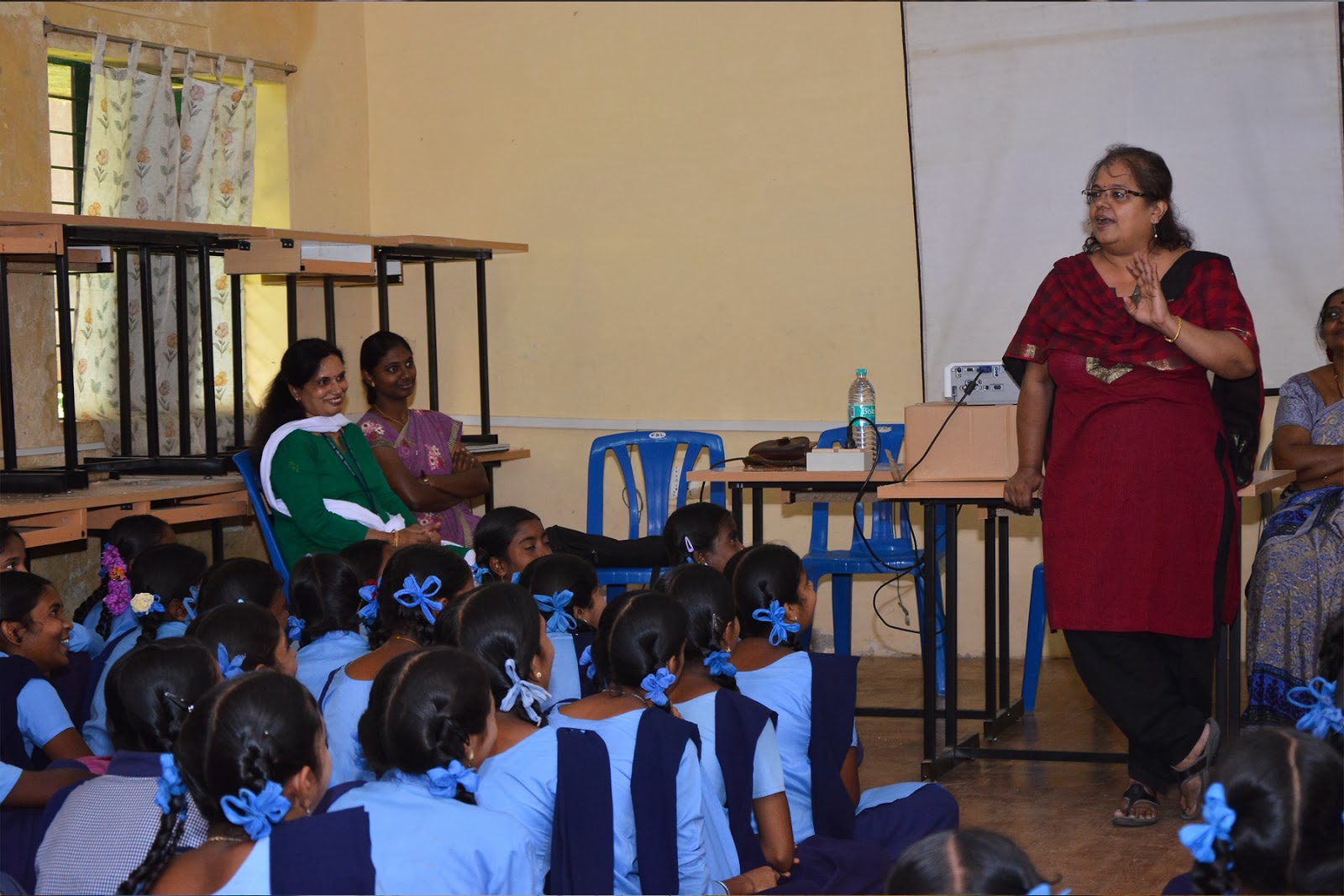Health education is an absolutely vital factor in long-term
health, as well as the health of future generations. Educating children about
health can be as simple as teaching them about basic hygiene, such as the
washing of hands after going to the toilet or how to brush one’s teeth
effectively. However, some health education involves more complex subjects,
such as drug abuse or HIV; topics which need especial attention when dealing
with older children and young adolescents. These health risks are among the biggest
threats facing our youth, and school health programmes are one of the most effective ways to positively impact on
long-term public health goals, according to the World Health Organisation.
HIV and AIDS
Because of breakthroughs in treatment options, HIV and AIDS are
no longer in every headline, unlike only a few short years ago. While this can
make it harder to impress upon students how serious the impact of the virus can
be, it is nonetheless essential to convey the message effectively. Despite the
fact that many associate the virus with intravenous drug use and homosexual
intercourse – and while these are risk factors in transmission of HIV – 88.2% of transmission cases in 2011-2012 were
via heterosexual intercourse. Nearly 200,00 HIV-related deaths were
reported in 2011-2012, and more than 120,000 new cases of infection were
recorded. Education about safe sexual practices, the relationship between HIV
transmission and drug use, the availability of health services such as HIV
testing and free condoms is vital to protect teenagers against this disease.
Drug and Alcohol Abuse
For many teenagers, drug abuse is an easy trap to fall into.
Many children grow up seeing various types of substance abuse in their
communities, and have not been educated sufficiently about the dangers of
drugs, including alcohol and tobacco. The easy availability of cheap
“poppers” like aerosol inhalants, and the lax attitude of some
retailers towards selling alcohol and tobacco to minors, make the dangers of
substance abuse all the more prevalent and damaging. According to the World
Health Organisation, alcohol is responsible for approximately 2.5 million deaths every year, which is nearly 4% of
deaths worldwide. In India, alcohol-related deaths are on the rise, with 5,478
deaths caused by alcohol in 2012, 21% more than the 4547 cases in 2011. Traffic
accidents are a primary cause of alcohol-related deaths, along with liver and
brain complications. Toxic or contaminated
home-made alcohol is also responsible for deaths from poisoning. Drug
abuse is also highly prevalent; according to the World Health Organisation,
there are as many as a million known heroin addicts in India, with an estimated
further four million who are not registered in treatment programmes. Heroin,
cannabis, and Indian-produced pharmaceutical drugs are
the most commonly abused drugs. Although teenagers can be inclined to
think of experimenting with substances as fun and exciting, it is important to
impress upon them not only the dangers of substance abuse, but also to teach
them how to recognize the signs of substance abuse in themselves and their
peers, and how to seek help.
Sexual Safety
Sexual Safety extends much further than worrying about HIV and
AIDS, and includes the risks of other sexually transmitted infections, as well
as the risks of teen pregnancy. India, where many girls are married before the
age of 19, has a very high rate of teenage pregnancy, which results in a
loss of education for women, as well as physical health risks. Adolescent girls
under the age of 16 who fall pregnant are four times as likely to die than
women in their twenties, while the infant mortality rates of teenage pregnancies
are approximately 50% higher than the rates of older women, according to
the World Health Organisation. While the cultural
aspect of young marriage is not something to be addressed in a health class,
the health risks of unintended or young pregnancy are, and educating both young
women and men about reproductive health is one of the most effective ways to
begin to turn the tide. Additionally, the problem of sexual violence is an
important one, and while girls are often taught to try to avoid situations in
which they could encounter rape and other forms of sexual violence, it is
important to impress upon adolescent boys, too, that these crimes hold severe
consequences for them.
Trinity Care Foundation is a Non Governmental Organization focusing on Craniofacial Deformities, School Health and Outreach Programs in Karnataka, India.We require your Support to implement these community Health Programs in Government Schools and Colleges in Ramanagara, Kolar and Bangalore Rural Districts in Karnataka State, India.



No comments:
Post a Comment